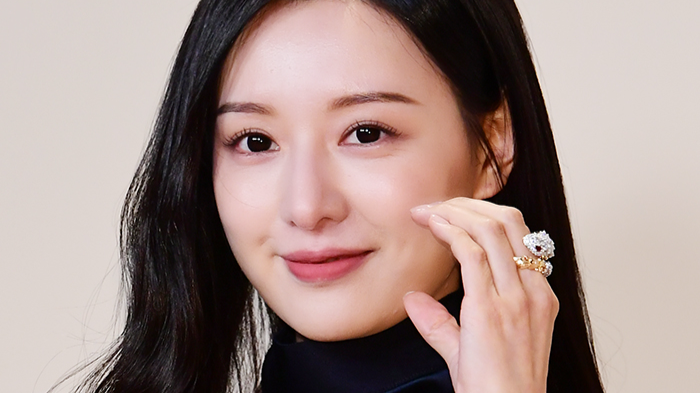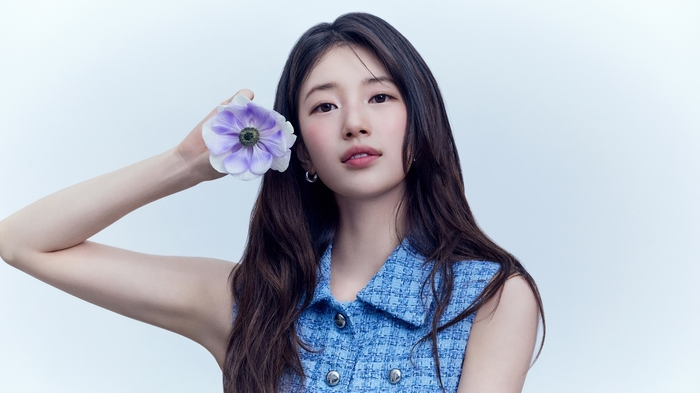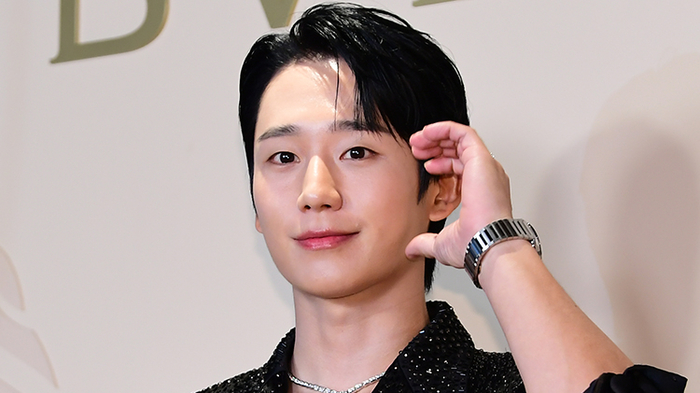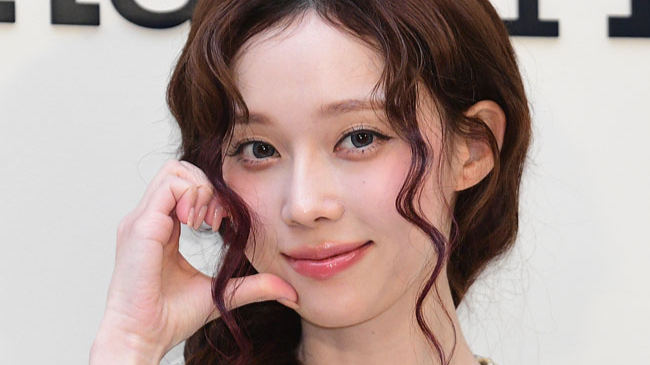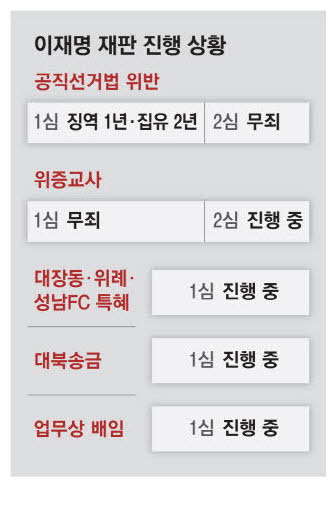
According to the legal community on the 26th, CEO Lee is facing five trials on 12 charges in a total of eight cases. In addition to the alleged violation of the Public Official Election Act, which was sentenced to the second trial, the perjury teacher, the Daejang-dong, Baekhyeon-dong, Wirye, and Seongnam FC cases, the alleged illegal remittance to North Korea, and the trial of professional malpractice for the private use of corporate cards in Gyeonggi Province are underway.
First of all, it is said that the first trial ruling, which sentenced Lee to invalidity of election in the second trial on charges of violating the Public Official Election Act, which was considered the biggest judicial risk targeting representative Lee, was overturned, leading to some relief from the political life crisis. However, the final result of the prosecution's appeal will be known only when the Supreme Court makes a final ruling.
The trial on perjury teacher charges has been conducted by the Seoul High Court Criminal Department 3 (Chief Judges Lee Seung-han, Park Jung-woon, and Yoo Je-min) since they were acquitted in the first trial in November last year.
This is a charge that CEO Lee asked Kim Jin-sung, a former secretary of the late former Seongnam Mayor Kim Byung-ryang, to perjure himself in a favorable direction in a trial on charges of publishing false information related to the "prosecutor impersonation case" in December 2018. The second trial preparation date is set for the 1st of next month.
The case of Daejang-dong, Baekhyeon-dong, Wirye, and Seongnam FC is undergoing a first trial under the charge of the criminal agreement 33 department of the Seoul Central District Court (Chief Judge Lee Jin-kwan). After 11 months of hearing on corruption in the development of Wirye New Town, the court began hearing the Daejang-dong case in October last year, but the court was replaced last month due to regular appointments of judges, and the process of renewing the trial is currently underway.
The Suwon District Court is trying the case of Ssangbangwool's remittance to North Korea and the private use of corporate cards in Gyeonggi Province. The remittance case to North Korea went through three trial preparation dates, but the trial has not resumed for three months since representative Lee submitted an application to avoid judges in December last year.
The trial, in which CEO Lee is accused of privately misappropriating 165.53 million won in Gyeonggi Province's budget with corporate cards, is scheduled for the first trial preparation date on the 8th of next month.
The possibility of Lee, who was acquitted on the same day, running for president is in line with President Yoon Suk Yeol's impeachment trial. If President Yoon is fired and the presidential election is held within 60 days, Lee will not be able to run for president if he receives a final ruling before then.
Some observers say that a final ruling before the presidential election is imminent considering the time to go through the appeals process. However, the fact that the court administration has emphasized the deadline for hearing the election law for six months in the first trial, three months in the second trial, and three months in the third trial can serve as a variable.
Article 84 of the Constitution, which stipulates that "the president is not criminally prosecuted except for crimes of civil war and foreign exchange while in office," is also controversial. This is because it is directly related to whether representative Lee should continue to face criminal trials even after he is elected.
Although the president's privilege to remove fluoride has been in place since the first constitution in 1948, opinions are also divided in academia as the candidate who was tried was never likely to be elected. The key issue is how far to see the scope of the prosecution. There are mixed interpretations as to whether it means 'prosecution of prosecutors' or includes 'trial' after that.
Based on the interpretation that the prosecution includes a trial, representative Lee argues that the trial will also be suspended when elected for the stability of state administration. On the other hand, the view that the prosecution is limited to the investigation and prosecution of the prosecutor is that the trial can proceed even if the defendant becomes president.
[Reporter Park Min Gi / Reporter Kang Min Woo]










